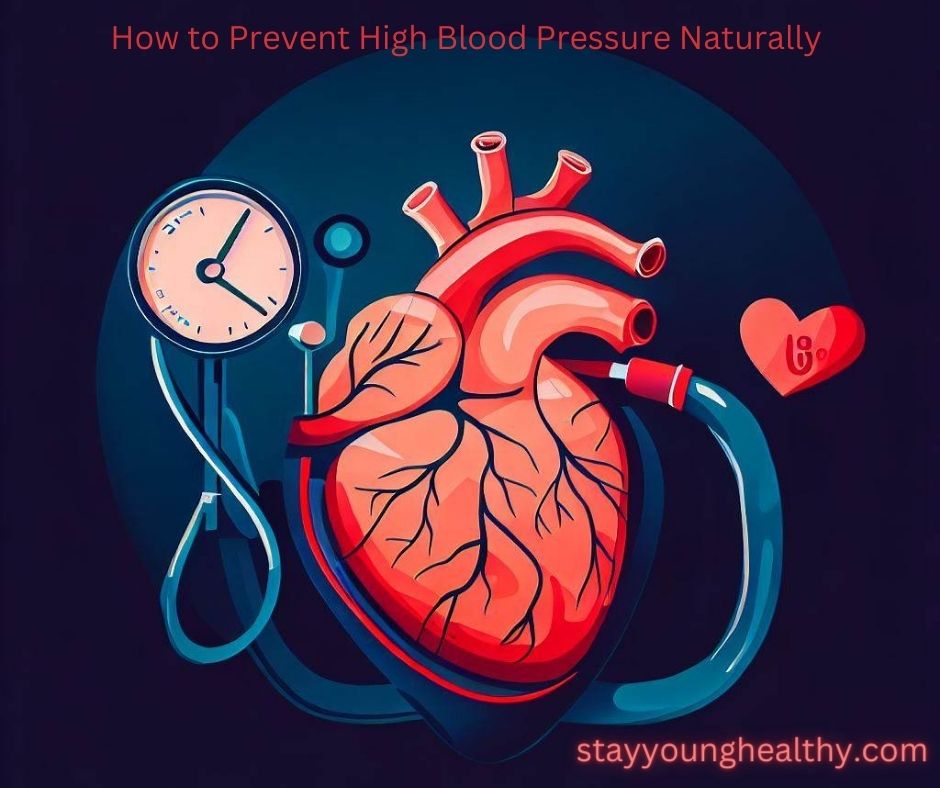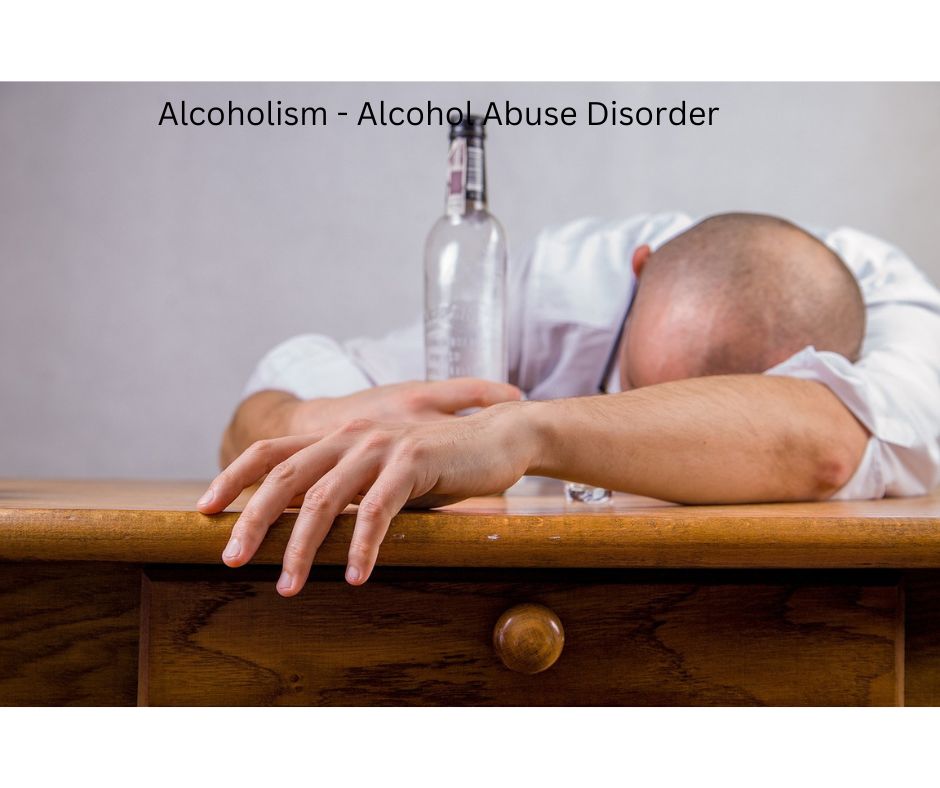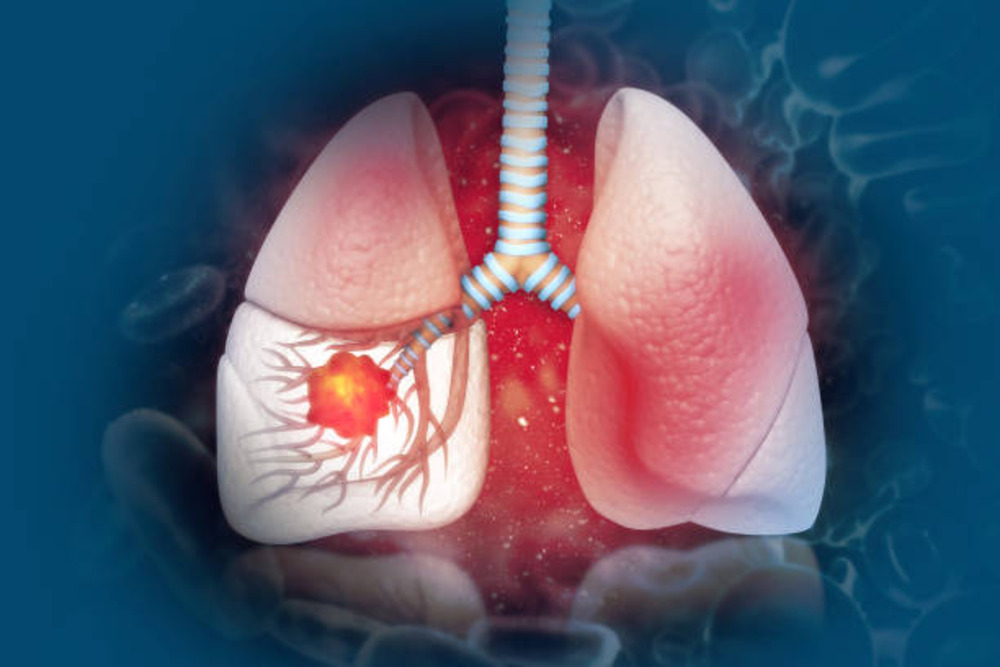High blood pressure, also known as hypertension, is a common condition in which the force of blood against the walls of arteries is consistently too high. This can lead to damage to the blood vessels and organs, such as the heart, kidneys, and brain. High blood pressure often has no symptoms, but it can increase the risk of heart disease, stroke, and other health problems. According to the World Health Organisation, one in four men and one in five women die across the word due to hypertension or high blood pressure. Lifestyle changes, such as a healthy diet, regular exercise, and limiting alcohol and salt intake, can help manage and prevent high blood pressure naturally. Medications may also be prescribed by a healthcare professional to control blood pressure.
Table of content
- Types of High Blood Pressure
- High Blood Pressure Range
- High Blood Pressure Symptoms
- High Blood Pressure Causes
- High Blood Pressure Treatment
- How To Prevent High Blood Pressure
Types of High Blood Pressure
There are two main types of high blood pressure: primary hypertension and secondary hypertension.
- Primary hypertension, also known as essential hypertension, is the most common type of high blood pressure and develops gradually over time with no identifiable cause. Risk factors for primary hypertension include age, family history, obesity, physical inactivity, and high salt intake.
- Secondary hypertension is caused by an underlying condition or medication and tends to develop suddenly. Examples of conditions that can cause secondary hypertension include kidney disease, hormonal disorders, sleep apnoea, and pregnancy. Medications such as birth control pills, decongestants, and some prescription drugs can also cause secondary hypertension.
Both types of high blood pressure require medical attention and management to prevent complications and improve overall health.
High Blood Pressure Range
The range of high blood pressure can be classified as follows:
- Elevated blood pressure: A systolic pressure reading (top number) between 120-129 mm Hg and a diastolic pressure reading (bottom number) below 80 mm Hg.
- Stage 1 hypertension: A systolic pressure reading between 130-139 mm Hg or a diastolic pressure reading between 80-89 mm Hg.
- Stage 2 hypertension: A systolic pressure reading of 140 mm Hg or higher, or a diastolic pressure reading of 90 mm Hg or higher.
It is important to note that blood pressure can vary throughout the day, so multiple readings taken at different times may be needed to confirm a diagnosis of high blood pressure. Additionally, blood pressure levels may vary depending on age, gender, and other health factors, so it is important to discuss individual readings with a healthcare provider.
High Blood Pressure Symptoms
High blood pressure often has no symptoms, which is why it is often referred to as the “silent killer.” However, in some cases, people with high blood pressure may experience the following symptoms:
- Headaches
- Dizziness or light-headedness
- Shortness of breath
- Buzzing in the ears
- Chest pain
- Irregular heart rhythms
- Nausea or vomiting
- Vomiting
- Confusion
- Anxiety
- Blurred or double vision
- Nosebleeds
These symptoms of high blood pressure are not specific to high blood pressure and can be caused by other conditions as well. Therefore, it is important to regularly monitor blood pressure levels and to consult a healthcare professional if any symptoms occur or if blood pressure levels are consistently high. If not treated or managed, it can cause to heart attacks, constant chest pain, and heart failure, which can even lead to sudden death.
High Blood Pressure Causes
There is no single cause of high blood pressure. It is often the result of a combination of factors that contribute to the development of the condition. Some of the common causes and risk factors for high blood pressure include:
- Age
- Genetics
- Lifestyle factors such as lack of physical activity, excess salt intake, poor diet, and alcohol consumption
- Obesity
- Existing medical conditions such as kidney disease, diabetes, and sleep apnoea
- Some medications, such as birth control pills, nonsteroidal anti-inflammatory drugs (NSAIDs), and decongestants
- Hormonal factors such as those that occur during pregnancy
It is important to identify and address the underlying causes of high blood pressure in order to properly manage the condition and reduce the risk of related health complications.
High Blood Pressure Treatment
High blood pressure can be managed through a combination of lifestyle changes and medical treatments. Some of the common approaches to treating high blood pressure include:
- Lifestyle changes – Regular workout, a healthy diet, limiting salt intake, avoiding alcohol and tobacco, and managing stress can all help lower blood pressure.
- Medications – Various medications can be prescribed by a healthcare professional to lower blood pressure. These may include diuretics, ACE inhibitors, calcium channel blockers, beta blockers, and others.
- Monitoring and follow-up – Regular monitoring of blood pressure levels and follow-up appointments with a healthcare professional can help track progress and make necessary adjustments to treatment.
- Treatment of underlying conditions – If high blood pressure is caused by an underlying medical condition, such as kidney disease or sleep apnoea, treatment of that condition may help lower blood pressure.
The specific treatment approach for high blood pressure will depend on the individual and their unique health situation. It is important to work closely with a healthcare professional to develop a comprehensive treatment plan that addresses all aspects of the condition.
How To Prevent High Blood Pressure
Hypertension or high blood pressure can lead to serious health complications if left untreated. Medical treatment is necessary in some cases. However, following certain ways/steps, you can manage and prevent high blood pressure. Here are some tips for your assistance:
- Exercise regularly – Physical activity can help lower blood pressure by strengthening the heart and reducing stress on the blood vessels. Aim for at least 30 minutes of moderate-intensity exercise, such as brisk walking or cycling, on most days of the week.
- Follow a healthy diet – Eating a diet that is rich in whole foods, such as fruits, vegetables, whole grains, and lean proteins, and low in saturated and trans fats, can help lower blood pressure. The DASH (Dietary Approaches to Stop Hypertension) diet is a well-known example of a heart-healthy diet that can lower blood pressure.
- Reduce salt intake – High salt intake has been linked to high blood pressure. Try to limit your intake of processed foods, which are often high in salt, and avoid adding salt to your meals. Aim for less than 2,300 milligrams of sodium per day.
- Limit alcohol intake – Drinking too much alcohol can raise blood pressure. Men should aim for no more than two drinks per day, and women should aim for no more than one drink per day.
- Maintain a healthy weight – Being overweight or obese can increase the risk of developing high blood pressure. Losing even a small amount of weight can help lower blood pressure.
- Manage stress – Chronic stress can contribute to high blood pressure. Find ways to reduce stress, such as practicing relaxation techniques like deep breathing or meditation, and prioritizing self-care activities like exercise and socializing with friends and family.
- Quit smoking – Smoking can damage blood vessels and increase the risk of developing high blood pressure. Quitting smoking can improve overall health and lower the risk of many health complications, including high blood pressure.
- Get enough sleep – Poor sleep habits, such as not getting enough sleep or experiencing sleep apnoea, can raise blood pressure. Aim for 7-8 hours of quality sleep per night and seek medical treatment if you suspect you have a sleep disorder.
- Monitor blood pressure – Regularly monitoring blood pressure levels can help detect high blood pressure early and prevent related health complications. Home blood pressure monitors are widely available and easy to use.
- Consider natural supplements – Certain natural supplements, such as magnesium, potassium, and omega-3 fatty acids, may have blood pressure-lowering effects. However, it is important to speak with a healthcare professional before taking any supplements, as they can interact with medications or have other side effects.
Conclusion
High blood pressure is a common health condition that can lead to serious health complications if left untreated. While medical treatment may be necessary in some cases, there are also several natural ways to prevent and manage high blood pressure. These include adopting healthy lifestyle habits, following a healthy diet, reducing salt and alcohol intake, maintaining a healthy weight, etc. It is important to work closely with your doctor to develop a comprehensive plan that addresses all aspects of the condition.





